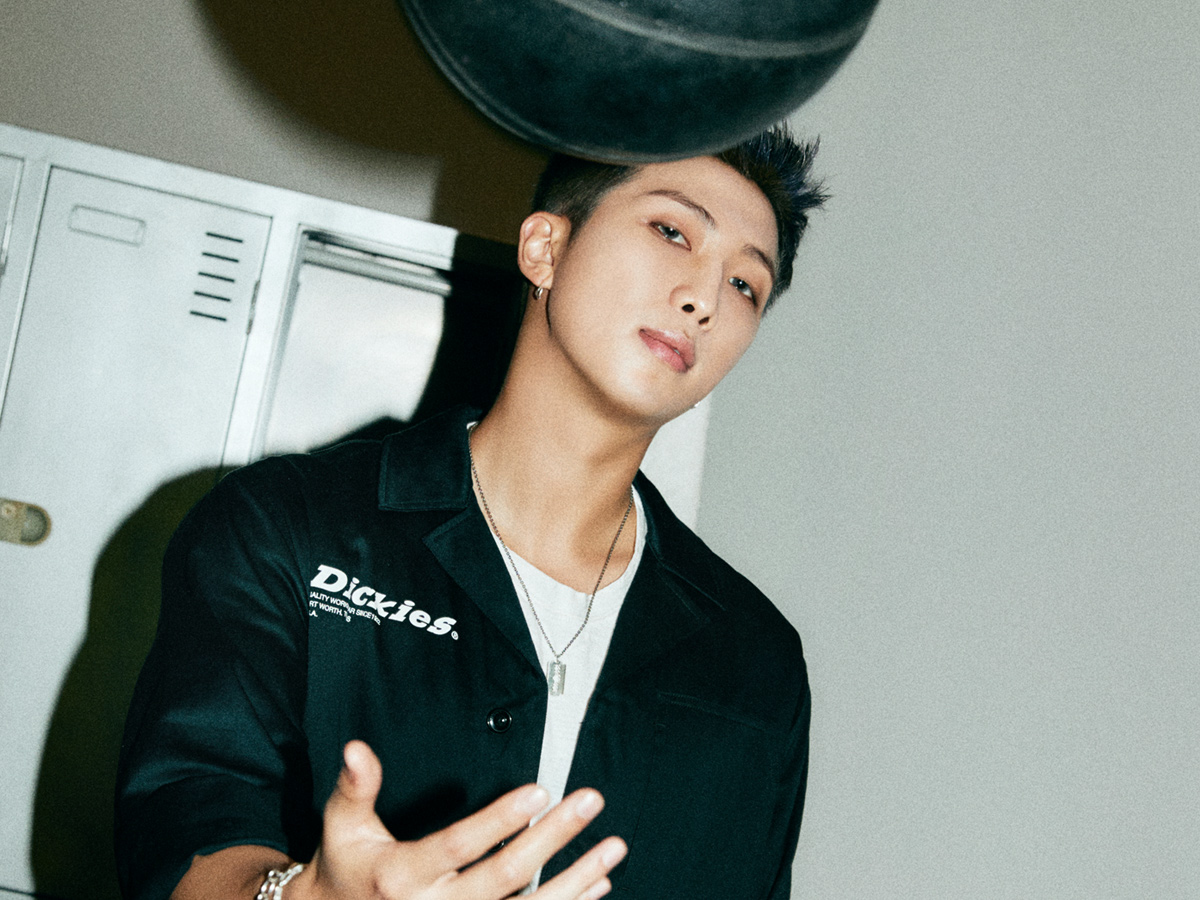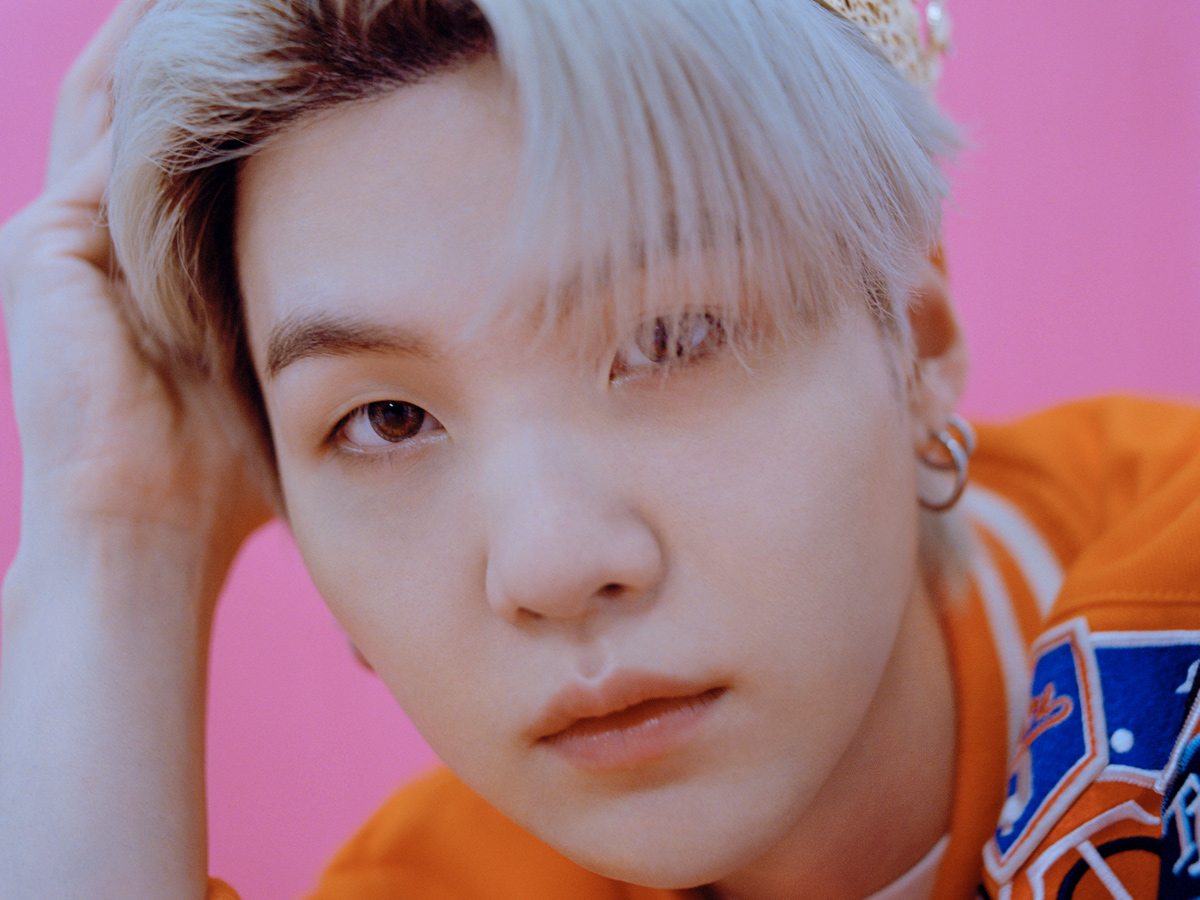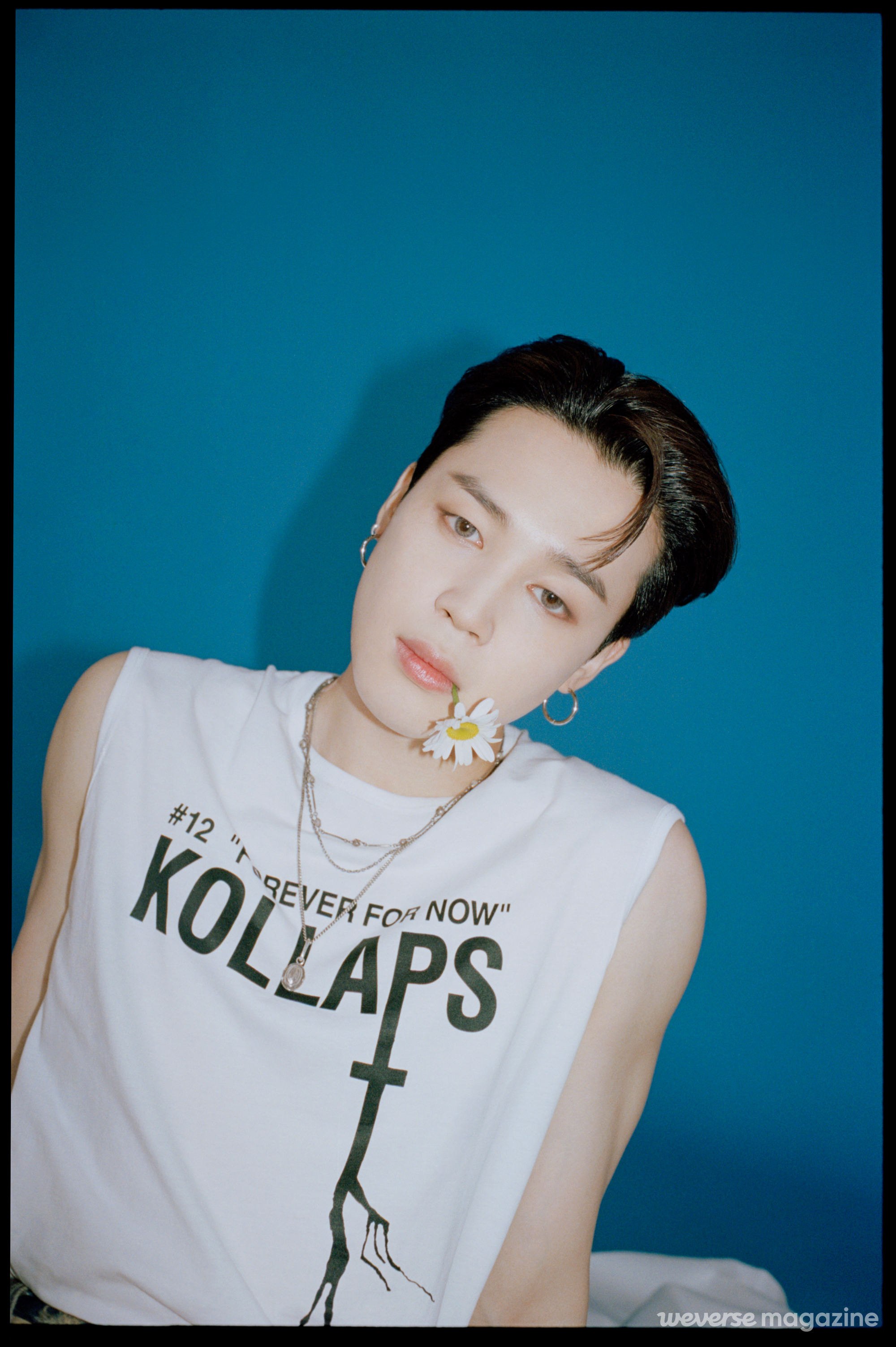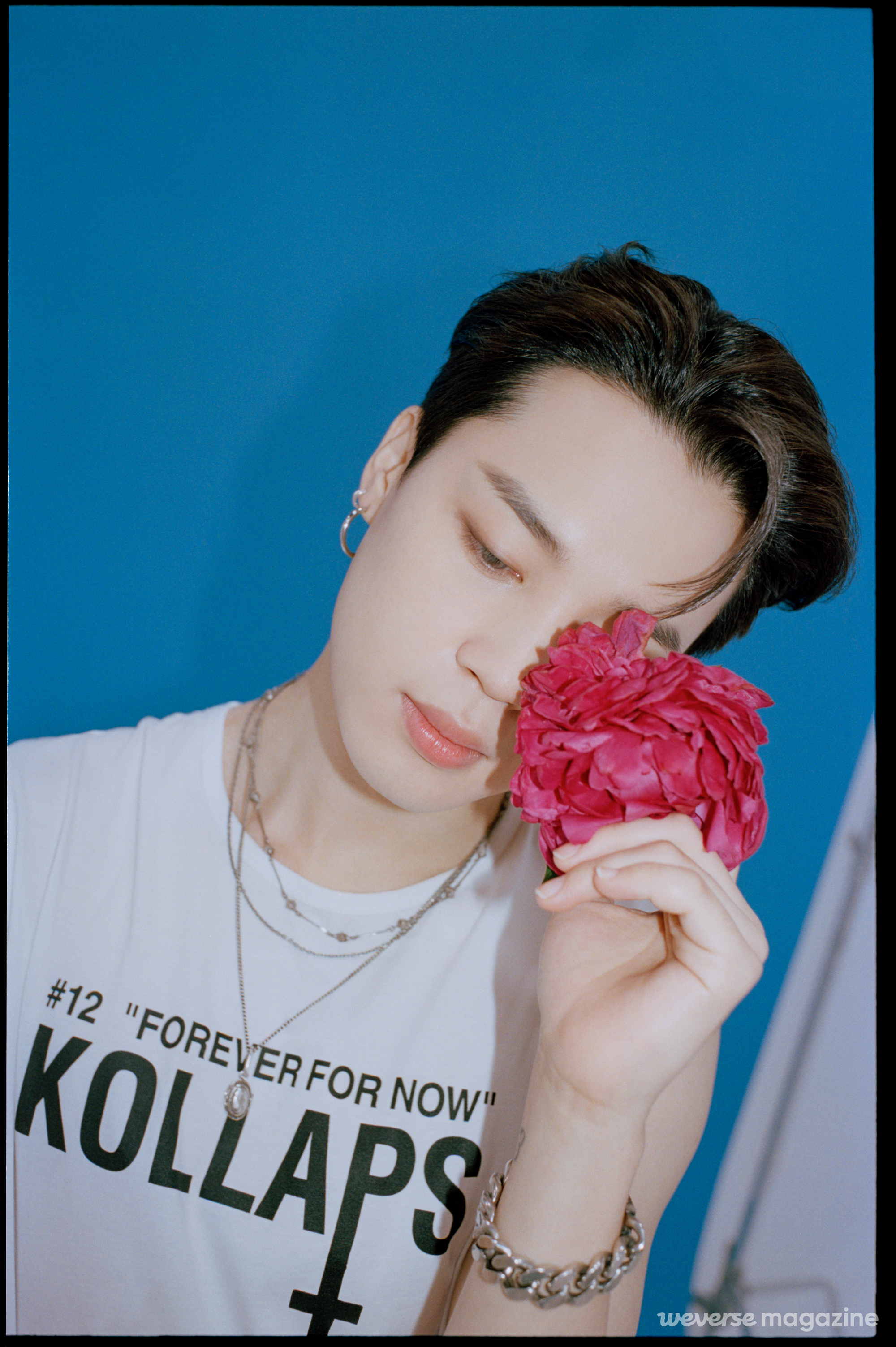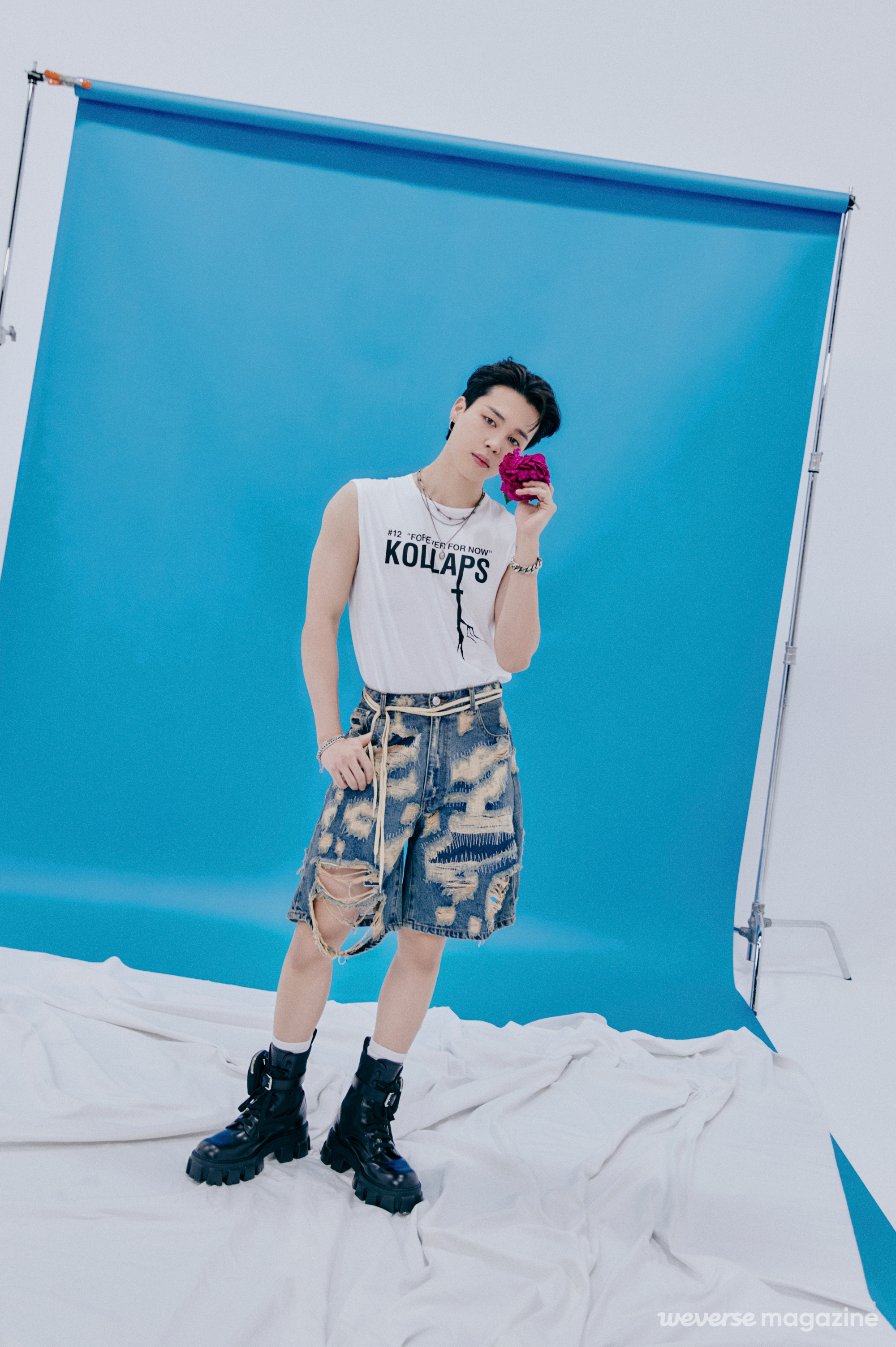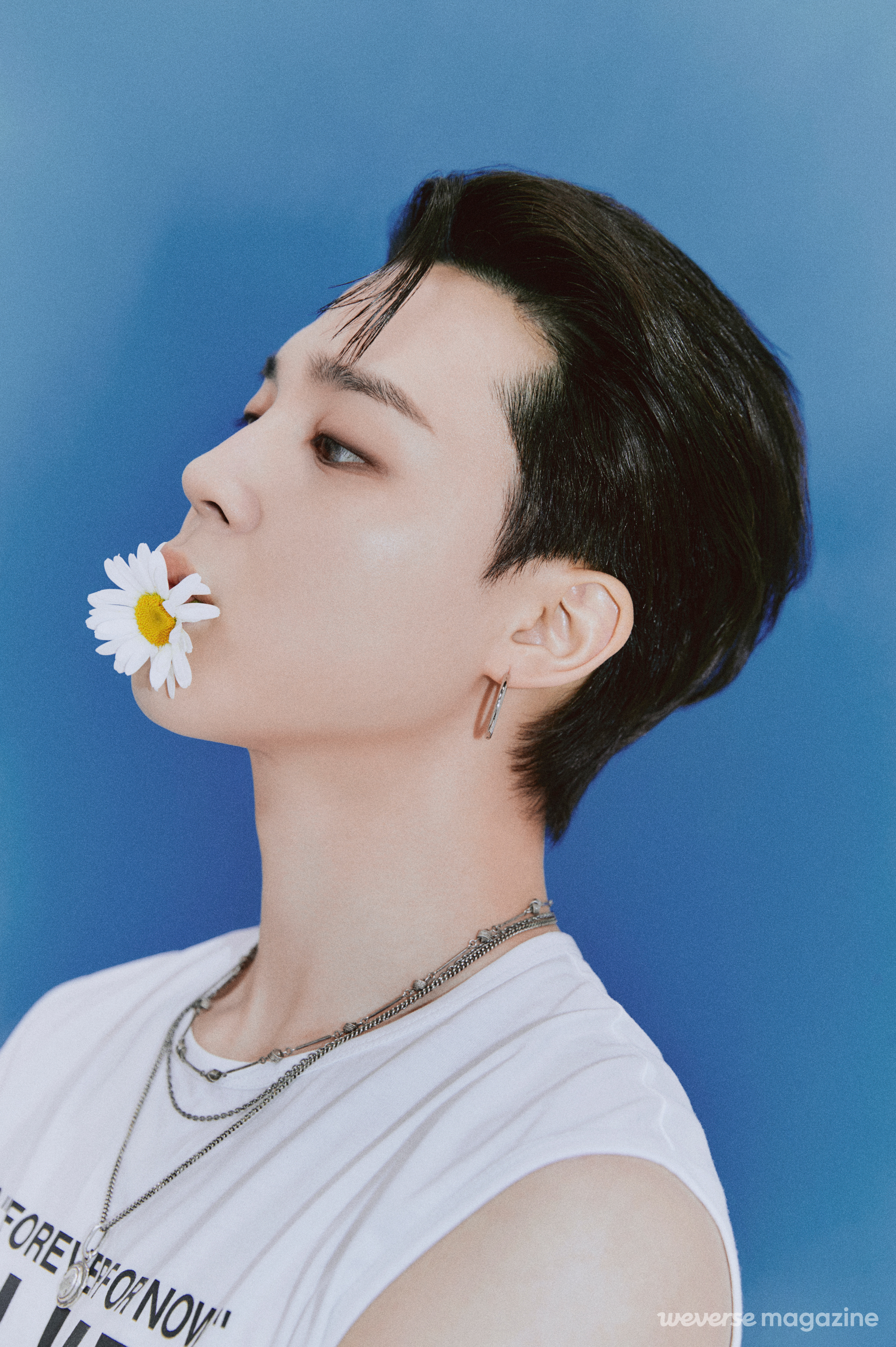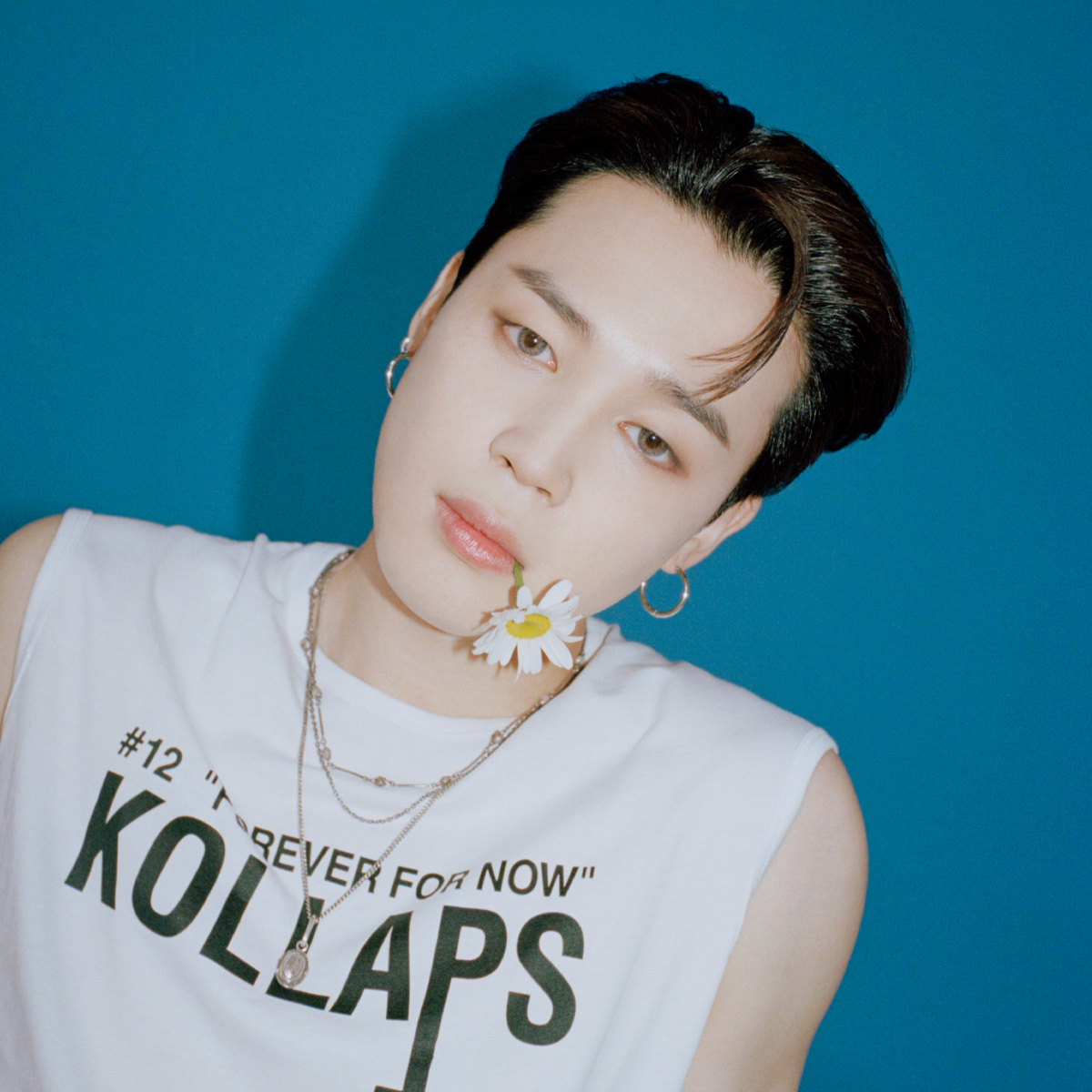
INTERVIEW
Jimin: “There’s people who’ve been rooting for us throughout this difficult time”
BTS Butter album release interview
2021.08.01
In the “ARMY Corner Store” video posted by BTS on their YouTube channel BANGTANTV to mark the eighth anniversary of their debut, Jimin talked about the leather riding jacket that the older members passed down to him when he was still a trainee. The jacket was first worn by SUGA, handed down to j-hope after SUGA’s debut, then given to Jimin with the words, “This riding jacket is passed down from generation to generation.” Jimin still wears the jacket when it’s cold. Many things change, and, even in times when they must, there are things that do not.
You released three songs in a year: “Dynamite,” “Butter” and, finally, “Permission to Dance,” and BTS grew more popular all the while. How do you feel?
Jimin: At some point, it stopped feeling real. The reactions from fans, the cover videos they uploaded and the dance challenges they did—I’m just so thankful for that. It lit up my life. We made those songs with a good purpose in mind, so just hearing people say they enjoyed listening to them was fulfilling. And that was our original goal. “Permission to Dance,” in particular, was the perfect message for right now, so I think I got a lot of comfort from it, too.
How so?
Jimin: I think it was both the atmosphere and the actual content. It was comforting right from the title. Thinking about it now, the fact that it made me think, Oh yeah, I might not be able to see ARMY right now, but I will soon, was one good point. I’ve been thinking by myself about how the future’s going to be better, and being more careful, and ended up waiting longer. And meanwhile, we had a fan meeting in the middle of all that. So my thinking changed to be more positive. That was great.
Was there any part you placed particular emphasis on to express such positive emotions in the song?
Jimin: I think I just followed my heart. Before, there’d be some kind of concept, and I wanted to show off something about myself in that context, but lately I’ve just been following my heart, following the feeling of conveying the feelings I want to share with others. At first I was worried whether the feelings we were trying to convey in the songs would get across to people since we’d never tried songs in those styles before, but after giving the performances a shot, we found out they’re really fun and easy for us to follow along to, too. So I thought it should be easy enough for people to approach these songs, thankfully.
Even though the three songs—“Dynamite,” “Butter” and “Permission to Dance”—all have something in common, I imagine they were all completely different when it came to figuring them out. You did “Butter” before “Permission to Dance”—how was that?
Jimin: They’re totally different. The attitudes I take on are different, the thought process is different, and I think the emotions I feel are all different, too. I think “Butter” was a bit hard for me. It wasn’t a style I was used to, but I thought the actual dance was elegant when I saw the video and it had a lot of footwork, so I thought I’d be good at it, but it was way harder than I thought. During practice I even thought, Why am I so bad at dancing? If you look at our usual choreography, it has very powerful parts with big movements and lots of power, but “Butter” felt really difficult because all the power went in at the same time even though it was loose. So I watched Hoseok dancing a lot, and since every member has their own style of dancing, I watched the way Taehyung loosened up, and the way Jung Kook danced by the book, and I combined all those. So for some of the broadcasts of “Butter” I really loosened up and for others I used a little more strength. I tried all different things.
Maybe that’s why even the style of clothes you’re wearing seems to change the way the dancing feels. It felt like you danced a little differently in a suit than when you were dressed casually.
Jimin: I never noticed before but the songs do sound different depending on what I’m wearing. Sometimes I danced all excitedly when I wore casual clothes, but when I wore a suit, something about the song sounded sexy. There’s a different vibe when I dance alone versus when I dance as part of a group, so I visualize how I should dress to make my dancing look cooler every time.
The “Dynamite” performance at the Grammys was very impressive, too. I felt that the music, clothing style and poses where you jumped out were all a perfect match.
Jimin: I think it all depends on what kind of outfit I wear, where I am for a given part, and how much I weigh. There’s a pronounced difference to the way a dance looks and feels based on how much I weigh. I think the dance and outfit were a good match in “Dynamite.”
On that note, when you performed “Black Swan” at the end of the year, what pair of shoes could you dance the best in? Looking at the fancam focus video, your dance changes in feeling slightly depending on the design of your shoes.
Jimin: For me, it’s barefoot. I think it’s got to be barefoot when I’m doing a classic style dance. It looks sharp and attractive when I wear dress shoes, but it always feels more natural to express myself barefoot. It’s more dynamic, I guess you could say. So I wanted to go barefoot for all my other performances, too. I wanted to be barefoot for when we recorded “ON” at Seoul World Cup Stadium at the end of the year, too, but I gave that up because it could’ve been dangerous.
The performance of “ON” at Mnet 2020 MAMA, right? I was curious about something while watching that video: I wondered how the members of the group could perform with such effort in that big, audienceless stadium, with the new solo performances added into the original choreography and everything. What helped you to find strength even under those circumstances?
Jimin: There’s people who’ve been rooting for us throughout this difficult time. I think we have to give them a reason to root for us, then. If we’re going to make them want to see us and make it fun for them to watch us, I wanted to give them a good reason.
Then how did you feel when you performed at the Grammy Awards? Surely it must’ve been meaningful to you in a number of ways.
Jimin: I wanted our performance to show what it meant for us to be up on that stage. A group of kids from Korea, each from their own neighborhood, can do this, too, so what’s the big deal about winning an award? That’s one thing I thought. Of course you can’t get it if you’re not capable enough yet, but the important thing is that the people who like us can be proud of us, too. We did the performance in return for all the support they show us.
It must be hard being unable to see your fans since you can’t hold any concerts. It’s hard to tell how well the performance was able to convey that return of their support.
Jimin: I learn a lot from going on tour. I combine the audience’s immediate reactions and the parts I wasn’t satisfied with and practice based on that, and ask the other members about it too, but right now there’s no time to review that. So I keep practicing a lot, but it’s hard to tell how the things I’m doing will end up looking, so I keep trying things out on my own but without any feedback.
That must’ve made it harder to get ready for “Dynamite,” “Butter” and “Permission to Dance,” especially since you still have to sing in English and the emotions in the songs are a lot different from your previous ones, and it’s hard to feel the reaction in the concert hall under these circumstances.
Jimin: Even the pronunciation is definitely different, and the part of your throat the sound comes from changes depending on the pronunciation. I think that’s why I was a little flustered. On “Butter,” if I had done it the way I always do, it wouldn’t show up. So I studied a lot on how to sound more clean and simple.
It felt like you had to meet all sorts of conditions; you have to keep it breezy and hit high notes, all while maintaining your unique voice.
Jimin: I guess you could call it the song that most made me think like I was just starting out again. I think I practiced harder than ever before. I think I’ve worked extremely hard to have my own unique style, but then I hit a wall and had to go back to the beginning to find a new way. And I went over it a lot with Jung Kook. What if I sing it like this? Or what about this way? How should I practice? I asked so many questions like that and practiced a lot, too. But I enjoyed the process. At one point I was like, I can get that kind of voice out of my throat too? Even though it didn’t make it onto the final recording, I tried doing different adlibs while singing other parts and I found my strengths that way.
In previous songs you had fairly strong emotional vocals when you sang high notes, but this time around they’re cooler. How does it feel having different emotions in your vocals? BTS also sought to allow people to feel more positive emotions during the pandemic.
Jimin: It was hard to adjust to the changes, but in other ways, since the group saw a greater outpouring of love, I thought we should be featuring emotions and content that’s a little more comprehensive. Personally, it was hard adjusting to a situation where I couldn’t perform. But after “Butter” was out and we moved on to “Permission to Dance,” I saw how lots of people took positively to the way I put so much effort into attempting to change things a bit more with these songs, and I realized that we could find a new side to ourselves in the process.
I saw on “ARMY Corner Store” that you were drinking with the other members recently and all talking together, which makes me think you’ve had a lot of thoughts since the pandemic started. The world’s changed so much, and the group’s status has changed since “Dynamite” came out, too.
Jimin: It wasn’t just the time mentioned in “ARMY Corner Store”—we also talked while going here and there by car, whenever we would get together, and when we were on set. I think it took me a long time to calm my nerves. It took around four or five months, I guess, but after we kept dealing with it and talking with each other, I think that’s when we got used to the new normal and our new selves.
When you performed “Daechwita” at BTS 2021 MUSTER SOWOOZOO, the part you did was, as it happens, “Remember, remember days gone by remember.” Maybe it was a coincidence, but now that BTS, the team who debuted with “No More Dream,” currently sits at the top of the Billboard Hot 100, I’m wondering how you feel about the days gone by.
Jimin: I only realized it recently, but I used to be really unstable. I was acting like I was well-grounded when I was around other people, like my family and friends. It meant I had to pretend a lot. I worried about others by saying things like, I’m fine, but how are you? I spoke like I could always take care of anything that came up, but looking back, that wasn’t the case.
What made you think like that?
Jimin: I’m still young, and because I’m making a lot of money at a young age, I end up wondering what money and success ultimately mean. Because I’m young, I hear a lot of people talk, and some people can be jealous or envious. But there’s a lot of people I have to repay and a lot of relationships I need to hang onto. I thought I could take care of all these problems, but looking back, that wasn’t the case. It hasn’t been very long since I realized that I was the one to grab on and forced everything to happen.
Was it some sense of responsibility? It reminds me how you called yourself “the kind of person who likes to be loved” in your last interview with Weverse Magazine. So I imagine you probably try your best for the people in your life.
Jimin: Yes. I was just being headstrong, you know. Being headstrong. (laughs) It’s the kind of situation where people look at you and they might say, You can’t even take care of yourself. (laughs) But there were still a lot of points where I kept thinking things like that. Now I think I didn’t have to go quite that far, and as times went by, I started to think, Oh, I’m glad I can think about this now so I can let things that I should let go of, go. When I couldn’t let things go, my resentment kept growing. My pain, too. Rather than admit I had those feelings at that time, I’d say there were emotions in different situations that I came to unconsciously accept, and I started to feel like I could see how much of a hard time I was having after some time passed.
You’ve tried so hard. How did you feel after letting go of all those feelings?
Jimin: I felt like I was becoming empty sometimes, at first. I felt like I was denying my own thoughts and beliefs. But I talked a lot with my parents, and I said, Did you know I was going through all that? And they said, We didn’t know what you were going through, but we knew it was something. So finally I shared what I was feeling with them, and my mom and dad talked to me like they were my life coaches. After coming out of that whole period, even when I do similar things, I can tell my mind has changed a lot. If I was more focused on my surroundings before, now I’m able to focus on myself as well. My mom told me it means I’m growing up, and that I’m finally becoming an adult. So I said, I don’t wanna be an adult—it’s too hard. (laughs)
It seems like you ended up doing a lot of self-reflection during the pandemic.
Jimin: Last year I saw how lots of people were having a rough time and how there was a big social crisis, but as time dragged on I started to feel like I was trapped. But it was mostly okay when I was working.
What would you say work means to you these days?
Jimin: I guess it’s hard to separate it from myself. I’m me, and there’s also a separate me who works, but it’s hard to tell the two apart.
In “ARMY Corner Store,” you said you want BTS to become even better. As someone for whom work is so important, what does it mean to you to become better?
Jimin: I think ARMY can see all this, too. If we put a certain emotion into our performance, and I exhibit a genuine reflection of myself, then they can sense that to some degree, if not totally, I think. It’s a fact that I hope our concerts will be as big as the ones we’ve done before, but even more than that, when someone becomes more mature and grows up, I think our performances and songs would grow up along with us to match, and how we’re reflecting in them could change as well. When that happens, we anticipate something will bring us closer to ARMY, and we’re really looking forward to the performances we’ll be able to show you then. I think it’s going to be a really good concert. I’m waiting for that day.
When you say “become better,” that could mean something that you make with ARMY, too.
Jimin: Right. I think it’s changing little by little, for real. We used to be like, This is how we feel, this is what our songs are like, this is what we’re performing. But as the scale of our concerts grew and we started playing stadiums, I think we started asking, What do all of you think? We can’t really talk in depth about what’s happening in the lives of each person at our concerts, but I think we’re still looking into each other’s eyes and conversing, even while we’re shouting at each other. Wouldn’t the day come when we can share each other’s feelings more and more, and we can freely tell them that a performance is what you and I, we do together?
Somehow I feel like what you just said might be the final comment of all the BTS interviews. (laughs)
Jimin: I’m sure we’re all thinking that. (laughs)
Article. Myungseok Kang
Interview. Myungseok Kang
Visual Director. Yurim Jeon
Project Management. Yejin Lee
Visual Creative Team. Sunkyoung Lee, Yeonhwa Cha(BIGHIT MUSIC)
Photography. LESS / Assist. Hyungsang Kim, Donghoon Park
Hair. Som Han, Mujin Choi, Daeun Lee, Leeyoung Lim
Makeup. Dareum Kim, Seonmin Kim, Yuri Seo
Stylist. Hajeong Lee, Hyesoo Kim, Heeji Seo, Jihoon Lee, Minji Son
Set Design. Seoyun Choi, Yehui Son, Ayeong Kim(darak)
Artist Protocol Team. Jingu Jang, Subin Kim, Jungmin Lee, Dasol Ahn, Juntae Park, Seungbyeong Lee, Hyeonki Lee, Daeseong Jeong, Jaekeun Song
Copyright © Weverse Magazine. All rights reserved.
Unauthorized reproduction and distribution prohibited.
Unauthorized reproduction and distribution prohibited.
Read More
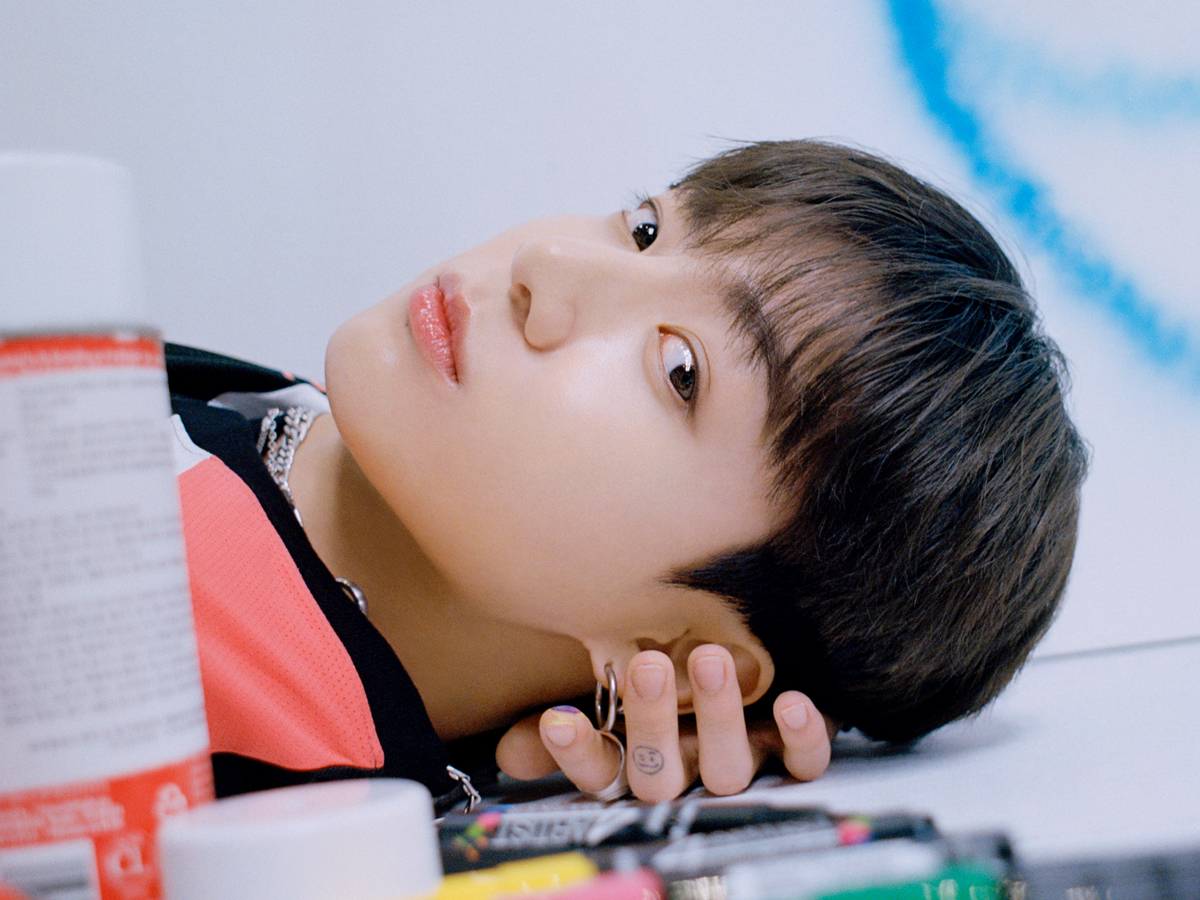
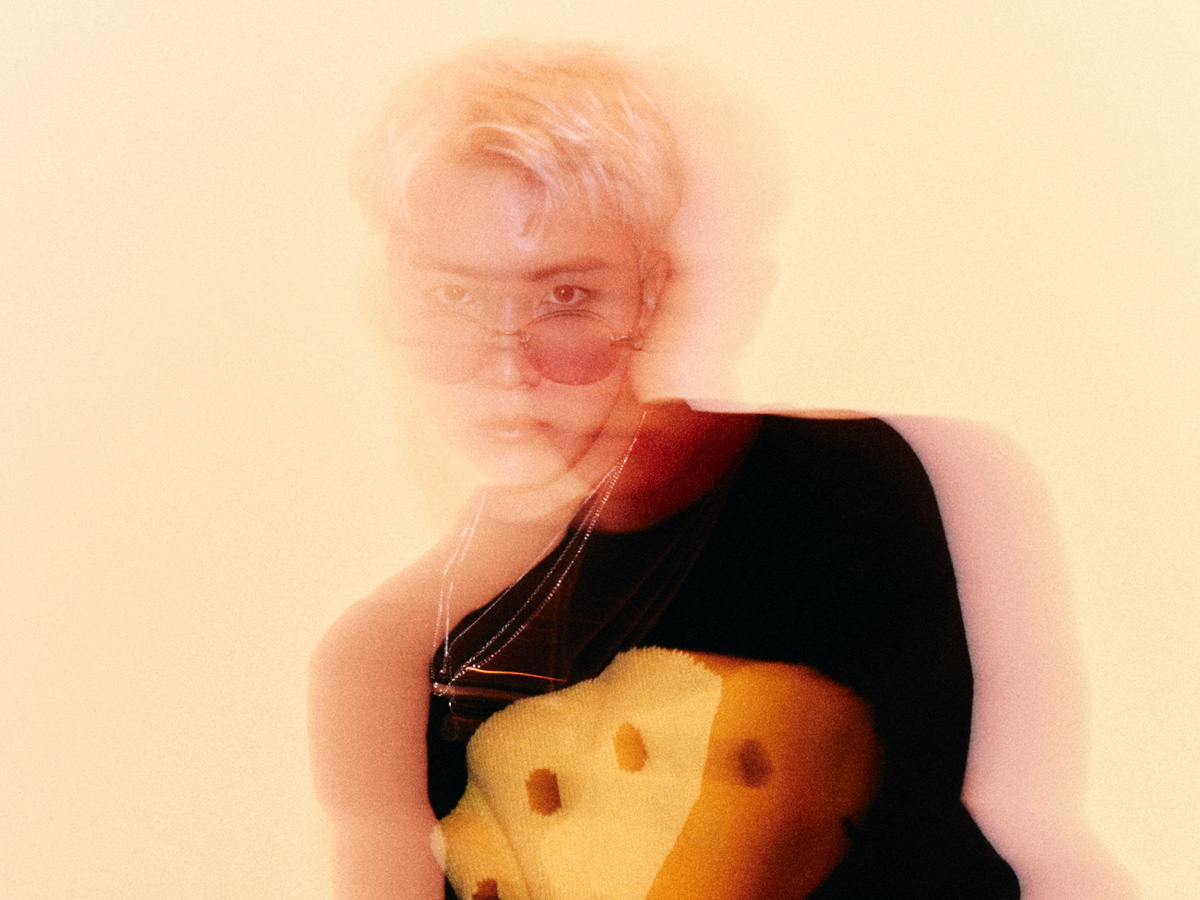
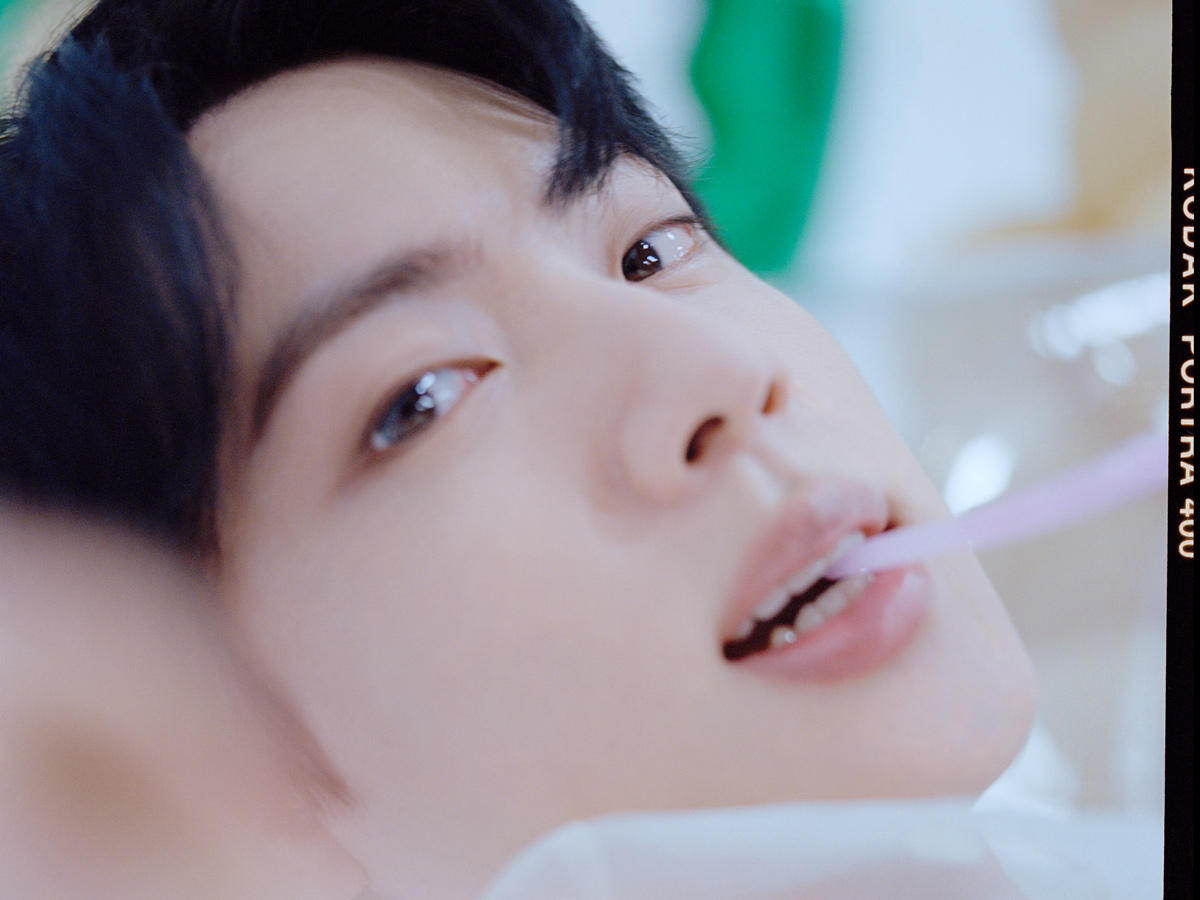
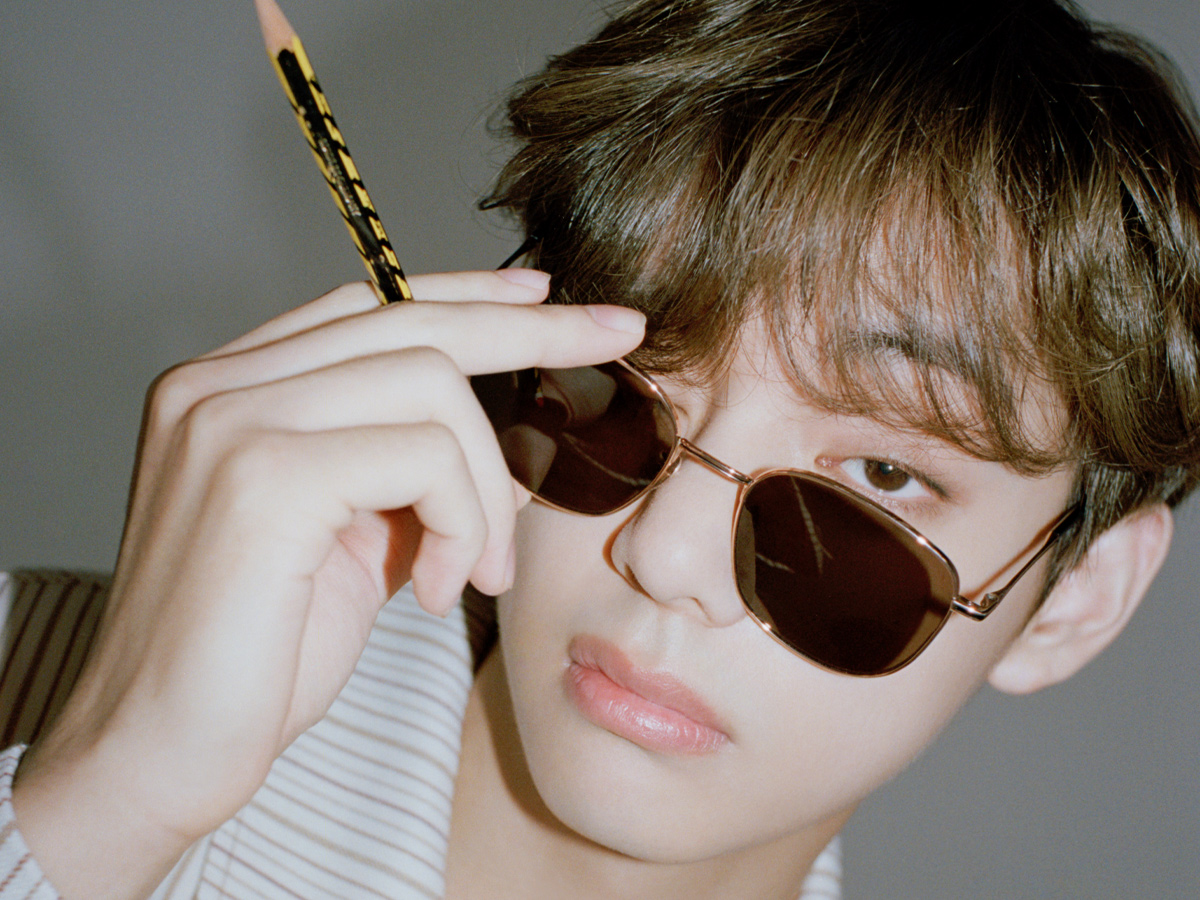
- RM: “I hope I’m on my way somewhere”2021.07.30
